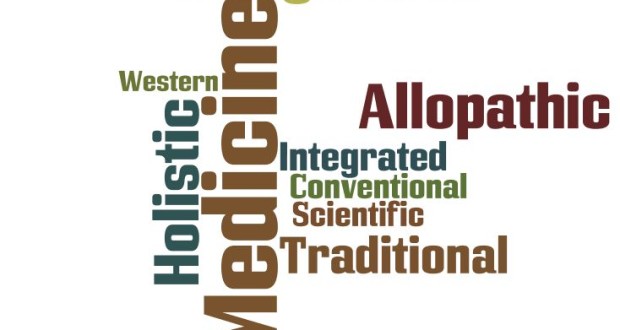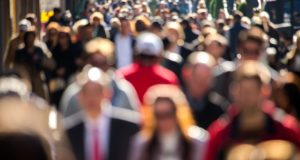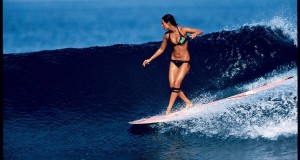
History has it that alternative medicine goes back 5000 years to Chinese traditional medicine, Indian (Ayuryedic medicine) and similar healing traditions in many cultures. The common belief was that the energy of the body had to be in harmony with the mind, body and spirit. A doctor merely facilitated the healing by identifying and taking away obstacles that would inevitably lead to a cure. Therapy included lifestyle changes, self-care and preventative measures.
Today, what we know of as complementary and alternative medicine (CAM) has roots going back 5,000 years to Chinese (traditional Chinese medicine), Indian (Ayurvedic medicine) and similar healing traditions. For thousands of years, these diverse medical traditions held a belief in the energy of the body and the need for harmony between mind, body and spirit. Doctor’s simply facilitated the healing process by identifying and removing obstacles.
Throughout most of the 19th century, doctors used the same skills as today’s herbalists, osteopaths and dieticians; they were generous with time and empathy, and relied on a good bedside manner. Prayer was important, as was “a change of air,” laxatives, bleeding and leeches. Right up until the early 20th century, sick people relied on much the same kind of therapies as their ancestors.
The decades following the Second World War brought significant changes. As GP and journalist, James Lefanu noted in his book, The Rise and Fall of Modern Medicine, written in the 50s, a series of medical breakthroughs proved beyond a doubt that previous attempts at healing were nothing more than mere quackery. New medical breakthroughs included the discovery of penicillin, cortisone (a powerful anti-inflammatory medicine), streptomycin (a powerful antibiotic that is effective in treating tuberculosis), insulin (to treat diabetes) and chlorpromazine (an anti-psychotic that controls schizophrenia). Open-heart surgery, hip replacements, kidney transplants, intensive care and successful vaccination programs saved and improved the quality of countless of millions of lives.
It’s no surprise that so much power to alter human destiny would lead, as Lefanu suggests, “to the resultant abandonment of homely remedies such as massage, manipulation and dietary advice, only for them to be taken up by alternative practitioners.” This is exactly what happened – with a dramatic explosion in the growth of ‘alternative’ therapies throughout the second half of the 20th century. Alongside modern medicine, CAM began to develop as an entirely separate discipline – contemptuous of the achievements of mainstream medicine, while at the same time dismissed by mainstream practitioners as ineffective and fraudulent. For most people, getting the best from mainstream and alternative medicine was a delicate operation. Those who opted for both mainstream and alternative medical care found that the best strategy was to remain quite to avoid criticism. Those who did try to use both services learnt that in order to avoid criticism.

Source by Elizabeth Morgan
 Vitamin Agent The Health & Naturalistic Source
Vitamin Agent The Health & Naturalistic Source



